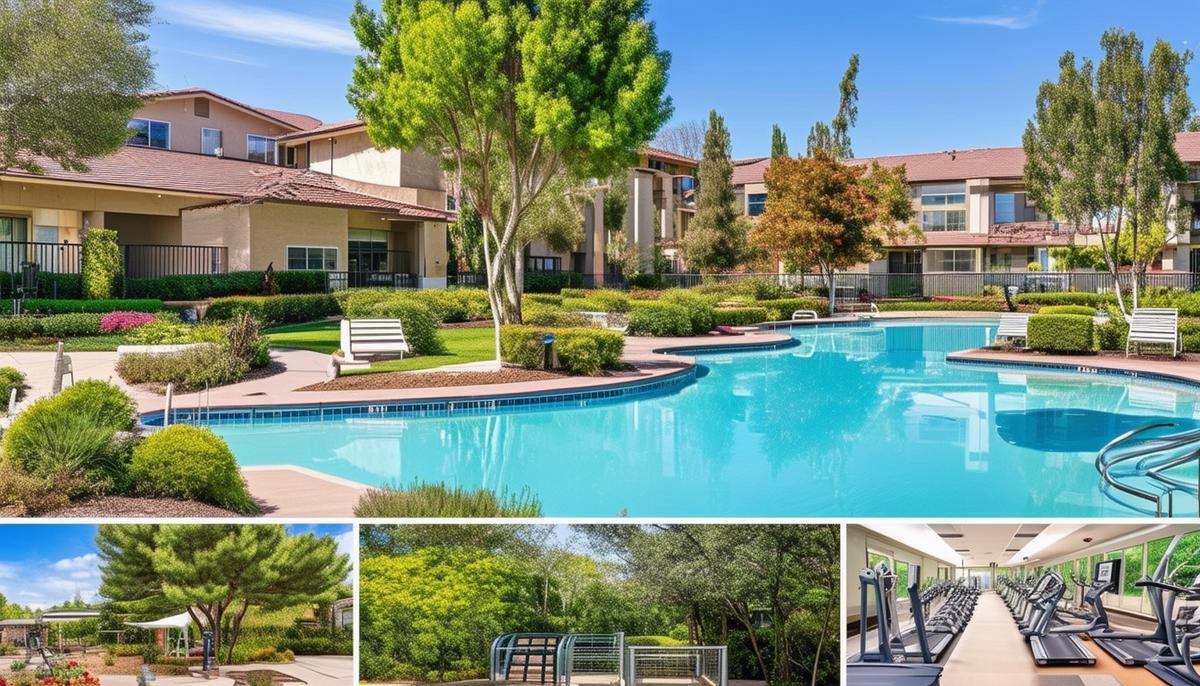Owning a home is a significant milestone, bringing both joy and responsibility. As you embark on this journey, understanding the financial aspects like property taxes and HOA fees is crucial. These elements can significantly impact your budget and overall experience as a homeowner.
Understanding Property Taxes in Homeownership
Property taxes are an essential part of homeownership to plan for. These taxes are determined based on the assessed value of your home, which can vary significantly by location. For instance, counties in Texas have some of the highest property tax rates in the nation, often around 2-3% of the home's value annually.
Where you live greatly impacts what you'll pay. Consider these examples:
- New York City: ~0.88% (but with city income taxes and higher housing costs)
- California: ~0.73% (but with high property values)
- Illinois: ~2.16%
- Indiana and Nevada: ~0.85% or less
Let's look at an example. In Illinois, on a house valued at half a million dollars, that's a substantial amount going to property taxes annually. And don't forget about reassessments, like those in Cook County every three years, which can lead to recalculated tax bills.
Some areas have additional taxes to consider. In northern Houston suburbs, Municipal Utility District (MUD) taxes are added on top of already high property taxes. So while unincorporated areas might seem attractive due to lower housing costs, it's important to factor in these additional taxes.
"Understanding the variance in property taxes from state to state and even neighborhood to neighborhood is crucial. When in doubt, consult with a local expert and always scrutinize those annual tax bills to avoid surprises."
The Real Cost of HOA Fees
Homeowners Association (HOA) fees are an important consideration when buying a home. These fees cover maintenance of common areas, including landscaping, security, insurance for common spaces, and amenities like pools and fitness centers.
HOA fees can vary widely:
- Basic neighborhoods: ~$250 yearly
- Upscale neighborhoods: >$1,200 annually
- Fairfield, Texas: ~$800 a year (extensive amenities)
- Simpler communities: ~$300 annually (fewer amenities)
It's important to note that HOA fees for primary residences are typically not tax-deductible. The IRS views these fees as personal expenses since they cover convenience and comfort rather than essential income-generating activities. However, there are exceptions:
- Rental properties: Deductible as operational expenses on Schedule E
- Home-based businesses: Proportional deduction possible if part of home used exclusively for business
When considering a home purchase, remember to factor in these fees for a clear picture of your future financial commitments. Understanding the scope of HOA fees, their coverage, and their tax implications ensures that your dream home remains a positive investment rather than a financial burden.

Financial Planning for Hidden Costs
When budgeting for a home, it's crucial to look beyond just the mortgage payments. Property taxes and HOA fees can significantly impact your overall housing costs.
Estimating Property Taxes
Start by estimating annual property tax costs based on the home's current tax rate. Remember that local government reassessments can increase your property tax over time.
Example: If you buy a $300,000 house with a 2.5% property tax rate:
Initial annual tax: $7,500
After reassessment to $350,000: $8,750
Preparing for HOA Fee Changes
HOA fees can also change over time. Some associations increase fees or issue special assessments to cover large expenses like roof repairs or upgrades to community amenities. Always read the HOA's financial statements before purchasing.
Budgeting Tips
- Create a yearly budget spreadsheet including all homeownership costs
- Consult with a tax professional for potential deductions and strategies
- Establish an emergency fund covering 3-6 months of living expenses
- Consider keeping this fund in a high-yield savings account
By planning ahead and staying proactive, you can better manage these hidden costs of homeownership and enjoy your new home without undue financial stress.

In the end, being well-informed about property taxes and HOA fees can make all the difference in your homeownership journey. By planning ahead and staying proactive, you can enjoy your new home without unexpected financial stress. Happy house hunting!
- National Association of Realtors. Annual Report on Property Taxes by State. 2022.
- Internal Revenue Service. Publication 530: Tax Information for Homeowners. 2023.
- Community Associations Institute. National and State Statistical Review for Community Association Data. 2023.
- U.S. Census Bureau. American Housing Survey. 2021.

